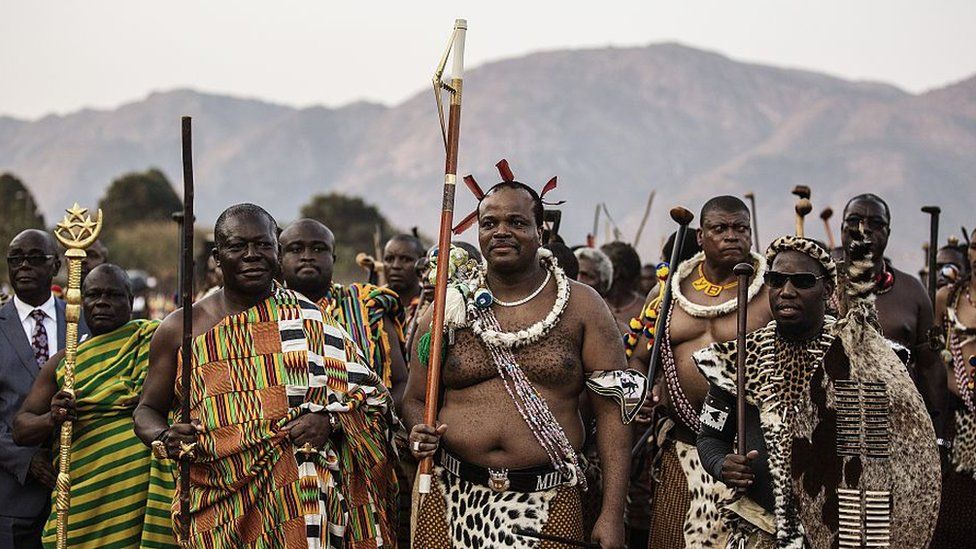Eswatini voters are preparing to cast their ballots in parliamentary elections scheduled for Friday. However, the outcome is not expected to significantly alter the political landscape of a country that remains under the firm control of Africa’s last absolute monarch.
King Mswati III has been in power in the southern African kingdom, with a population of approximately 1.2 million people, since 1986, succeeding his father, Sobhuza II.
While political parties are prohibited, individual candidates can contest seats in the House of Assembly once every five years.
The elected politicians primarily have the role of making recommendations to the king, who retains the authority to accept or disregard them.
Louw Nel, a senior political analyst at Oxford Economics Africa, noted that the upcoming election will be dominated by candidates who support the monarchy and are sympathetic to the king.
He added that two members of the previous parliament who endorsed the pro-democracy movement were imprisoned, and a third fled the country.
Sivumelwano Nyembe, the spokesperson for Eswatini’s Multi Stakeholder Forum, a pro-democracy activist group, commented, “It is incorrect to label what is transpiring in Swaziland as elections.”
The discontent with the current governance system has been growing for years, and pro-democracy protests turned violent in 2021.
Advocates for reform argue that the king consistently evades calls for substantive changes that would lead Eswatini, which officially changed its name from Swaziland in 2018, toward a more democratic system.
Critics of King Mswati also claim that he uses public funds to support an extravagant lifestyle shared with his 15 wives, while the majority of the country’s population consists of struggling subsistence farmers.
The 55-year-old monarch refutes accusations of autocracy and openly embraces his affluence.
Eswatini is classified as “Not Free” by the U.S based organization Freedom House, which asserts that the king wields ultimate authority over all branches of the national government and effectively controls local governance by influencing traditional chiefs.
The South African Development Community (SADC) has dispatched an electoral observation mission to Eswatini, and their preliminary statement is set to be released on Sunday.
